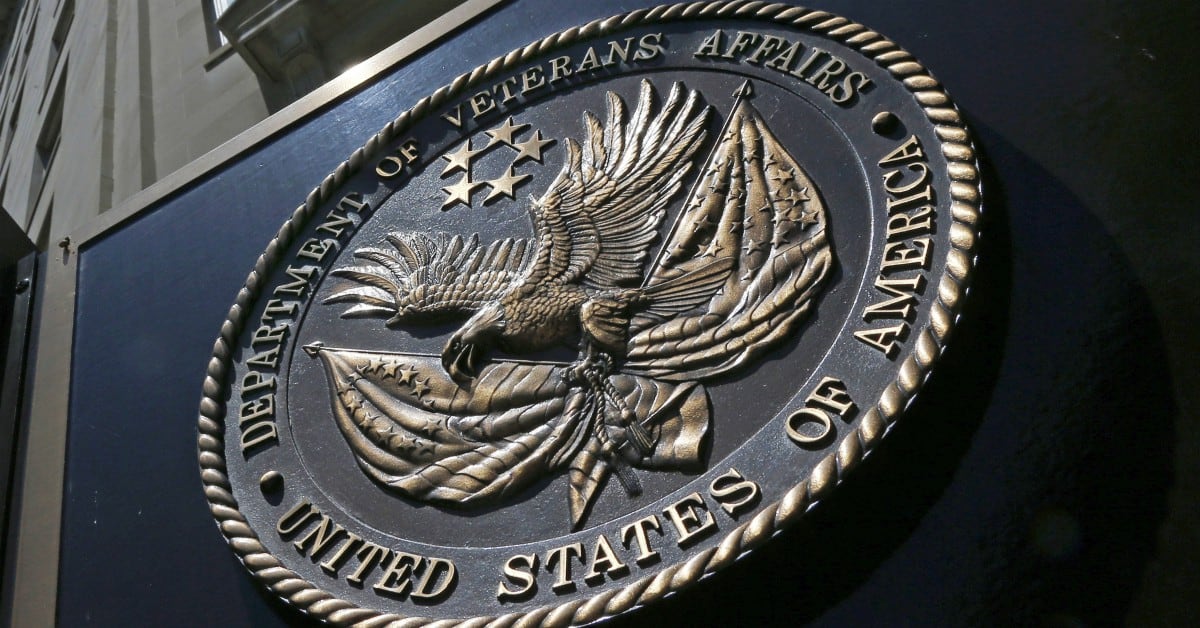A Veterans Affairs office set up specifically to help whistleblowers “floundered in its mission” and “created an office culture that was sometimes alienating to those it was meant to protect,” according to a new report from the department’s inspector general.
Administration officials, however, criticized the report as a one-sided look at the Office of Accountability and Whistleblower Protection, saying investigators failed to note significant changes from past VA administrations in responding to whistleblower complaints and improvements with the office over the last two years.
But the report is likely to again raise questions about how seriously VA officials investigate reports of misconduct and malfeasance, particularly among senior executives.
RELATED

The issue has been a persistent point of criticism since the 2014 wait times scandal that forced the resignation of then VA Secretary Eric Shinseki, and was a key campaign promise of President Donald Trump in 2016.
Investigators say the new office — established in April 2017 by executive order and later mandated by the VA Accountability Act passed by Congress — has misinterpreted its own role and rules, “accepting matters that it should not have and declining matters the Act requires it to investigate.”
The report says staff:
- dropped cases of fraud and abuse if the individual reporting them didn’t meet the statutory definition of a whistleblower
- investigated criminal matters that should have been handled by other offices
- did not provide sufficient training to staff
- failed to “consistently conduct investigations that were procedurally sound, accurate, thorough, and unbiased.”
The report also accuses OAWP staff of failing to protect whistleblowers from retaliation by senior managers, one of the key focuses of the new office. It also refused to investigate any cases unless whistleblowers revealed their identity, discouraging employees who feared reporting wrongdoing could cost them their jobs.
“One troubling instance involved the OAWP initiating an investigation that could itself be considered retaliatory,” the report states.
“At the request of a senior leader who had social ties to the OAWP Executive Director, the OAWP investigated a whistleblower who had a complaint pending against the senior leader. After a truncated investigation" the OAWP substantiated the allegations against the whistleblower without even talking to that individual, according to the report.
Whistleblower advocates in recent months have complained to Congress about operations at the office, saying that it lacks a clear mandate and too often complicates investigations into complaints instead of simplifying them.
VA officials have pushed back on those accusations. They note that under new firing authorities approved by lawmakers, VA has dismissed more than 8,630 people in the last 30 months.
RELATED

And they lay a lot of blame for problems with the Obama administration.
“VA’s institutional approach to accountability is completely different than that of past administrations, and the VA Accountability and Whistleblower Protection Act of 2017 has been a key factor in that culture change,” Christina Mandreucci, a VA spokeswoman, said in an email to Military Times.
The VA in particular takes issue with two aspects of the report, said Mandreucci.
“The first is its implication that the act was designed to target senior executives for discipline,” she said. “In reality, the act included expanded disciplinary authorities that apply to all VA employees and it is 2014’s Veteran Access, Choice and Accountability Act that aimed to better hold senior leaders accountable. This is a key distinction the report misses.”
Leadership continues to improve OAWP operations, "including ensuring that investigations are conducted in a timely and thorough manner; improving customer service; developing whistleblower rights and protections training; ensuring that OAWP complies with its statutory functions … and identifying trends to proactively identify areas of improvement based on data collected,” the department said in a statement.
The report contains 22 recommendations for improvements, all of which VA backed. Several, like providing new training to staffers and establishing new investigation procedures, are expected to be completed before the end of the year. A review of office operations is ongoing.
The full report is available at the inspector general’s web site. The House Veterans’ Affairs Committee has scheduled a hearing on Oct. 29 to discuss the report findings.
Leo covers Congress, Veterans Affairs and the White House for Military Times. He has covered Washington, D.C. since 2004, focusing on military personnel and veterans policies. His work has earned numerous honors, including a 2009 Polk award, a 2010 National Headliner Award, the IAVA Leadership in Journalism award and the VFW News Media award.





